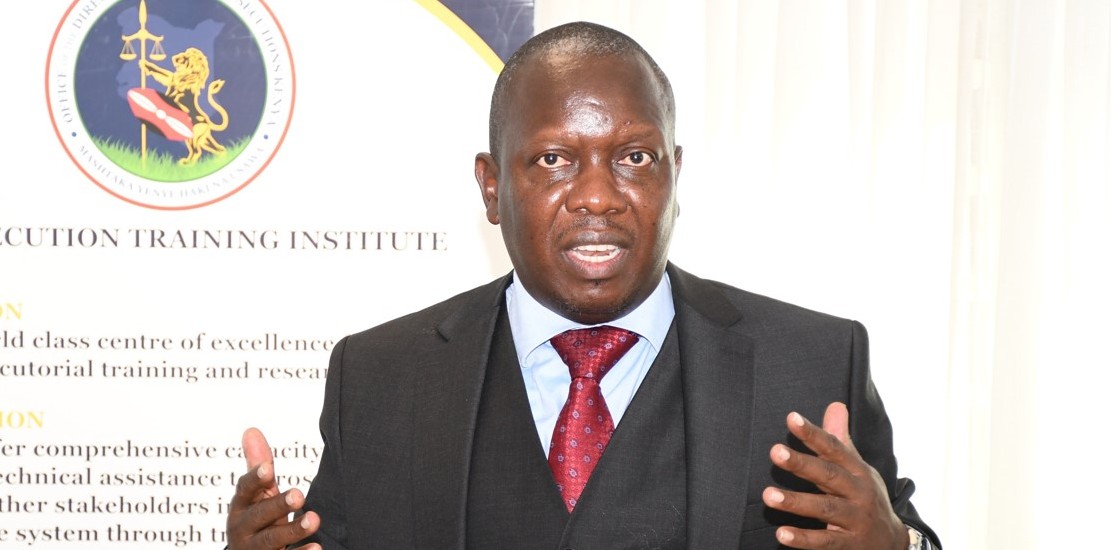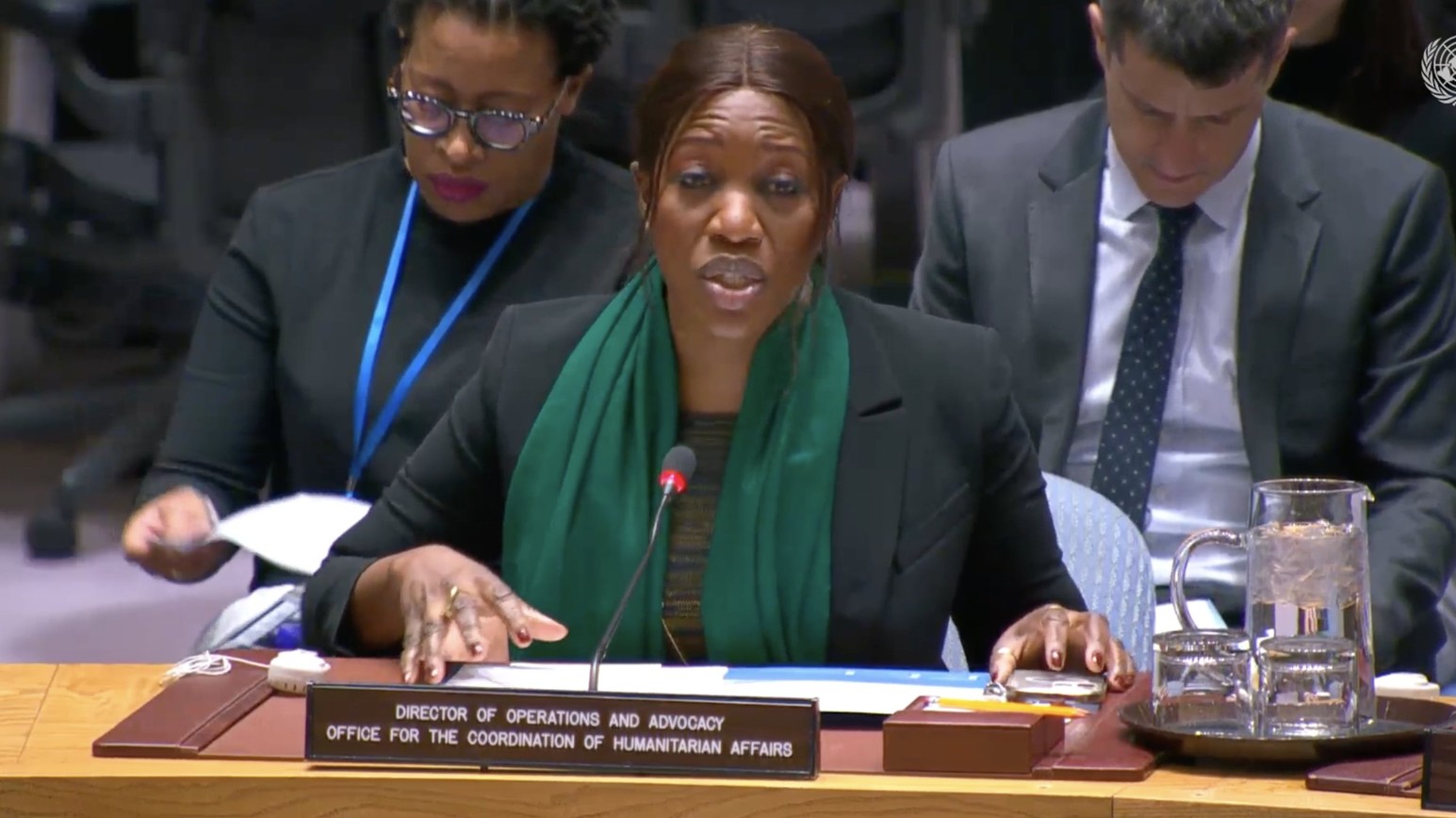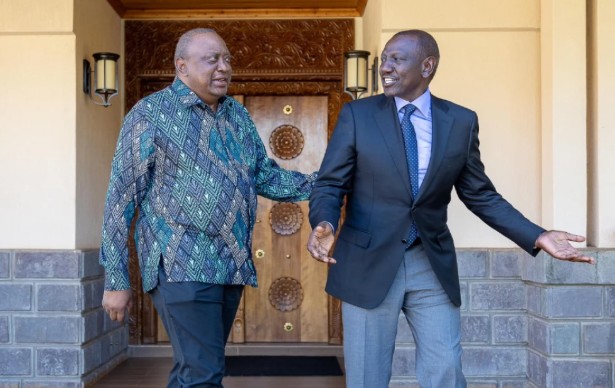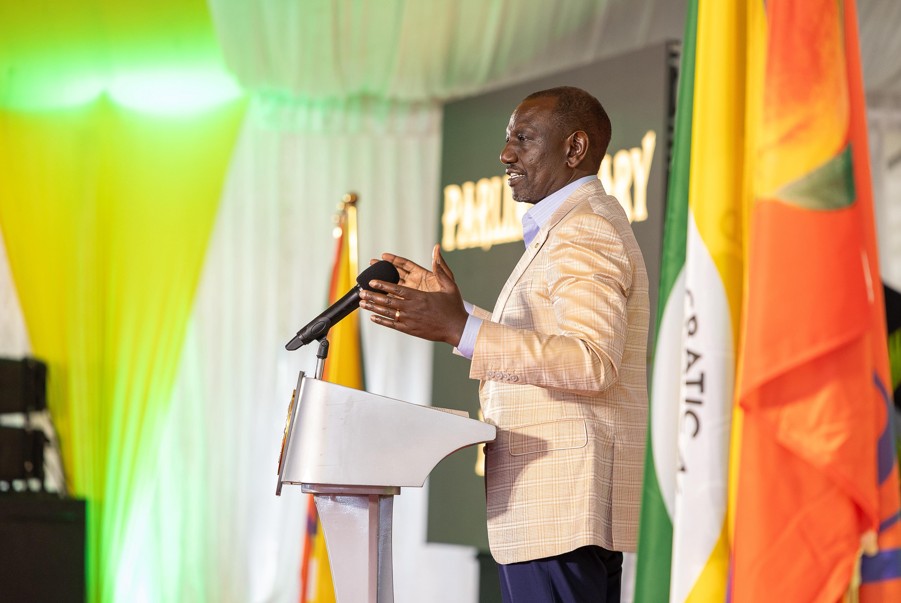City lawyer urges CJ Koome to suspend court sittings on June 25 in honour of slain teacher Albert Ojwang

Wanjiku argues that suspending court operations would demonstrate the Judiciary’s recognition of the gravity of the matter and its solidarity with Kenyans demanding justice for Ojwang.
A city lawyer has written to Chief Justice Martha Koome requesting the suspension of court sittings countrywide on June 25, 2025, in honour of murdered Homa Bay teacher Albert Ojwang.
Lawyer Francis Njoroge Wanjiku wants Koome to shut down courts to allow for national reflection on the state of justice and to reaffirm the Judiciary’s commitment to public safety and accountability.
More To Read
- Supreme Court rules Chief Registrar has no powers to discipline, fire judges or magistrates
- DCJ Philomena Mwilu cleared of misconduct in Gachagua impeachment case
- Online attacks against judges threaten judicial independence, CJ Koome warns
- JSC rejects Nelson Havi’s petition to remove Justice Mabeya
- CJ Koome, AG Oduor take opposing views on anticipatory bail amid Ruto criticism
- Two more deaths in police custody fuel outrage in Kakamega, Murang’a
Wanjiku argues that suspending court operations would demonstrate the Judiciary’s recognition of the gravity of the matter and its solidarity with Kenyans demanding justice for Ojwang.
Civil society and human rights organisations are planning nationwide protests on the same day Wanjiku is proposing the closure of courts.
“I am writing to express profound grief and concern over the tragic death of Albert Ojwang, a 31-year-old teacher who died in police custody on June 8, 2024. His death has sparked widespread outrage and renewed calls for accountability within Kenya’s law enforcement agencies,” Wanjiku states in the letter addressed to CJ Koome.
“In light of this tragedy, I respectfully request the temporary suspension of sittings by all courts across Kenya on Wednesday, June 25, 2025, to honour Ojwang’s memory. A precedent for such a suspension was set following the tragic murder of Principal Magistrate Monica Kivuti at Makadara Law Courts on June 13, 2024.”
Wanjiku reminds the Chief Justice that she ordered the closure of all courts on June 18, 2024, as a national day of mourning, remembrance, and prayer following Kivuti’s death at the hands of a police officer.
The advocate notes that this action not only commemorated Kivuti’s life but also highlighted the Judiciary’s resolve to address security concerns and protect judicial officers and court users.
He adds that the closure provided an opportunity for the Judiciary to unite in solidarity, engage in critical reflection, and implement measures to enhance safety within court premises.
Wanjiku argues that the death of Ojwang as a result of police brutality raises equally, if not more, urgent concerns about the safety of Kenyan citizens and the integrity of institutions entrusted with upholding justice.
“By suspending court sittings in honour of Ojwang, Kenyans would not only pay tribute to a citizen whose life was unjustly taken, but also reinforce the Judiciary’s role as a pillar of justice and accountability in Kenya,” he writes.
“I urge you to consider this request with the urgency it demands and to issue a directive for the nationwide suspension of court sittings. This incident has reignited public distrust in law enforcement and underscored the need for systemic reforms to prevent extrajudicial killings and ensure accountability.”
The lawyer proposes that the suspension be observed for at least one day, during which the Judiciary could facilitate national mourning and engage stakeholders in dialogue on educating the public about the rights of arrested persons.
He also suggests that the Judiciary use the opportunity to enforce the legal requirement for security agencies to obtain arrest warrants, and to sensitise telecommunications companies on the need for court orders before releasing personal data.
Additionally, he calls for the Directorate of Criminal Investigations (DCI) to be cautioned against the misuse of public resources to investigate or arrest Kenyans over civil claims, such as defamation.
Wanjiku argues that this action would allow judicial officers and staff to reflect on their role in safeguarding justice, especially amid growing concerns about state-sponsored violence.
He adds that the closure of courts would provide time to assess and strengthen protocols for the treatment of arrested persons, to prevent future tragedies, just as measures were implemented following the death of Kivuti.
Wanjiku concludes that the Judiciary’s swift and decisive response to Kivuti’s murder demonstrated its ability to act during moments of national crisis, and should do so again in honour of Ojwang.
Top Stories Today
Reader Comments
Trending













































